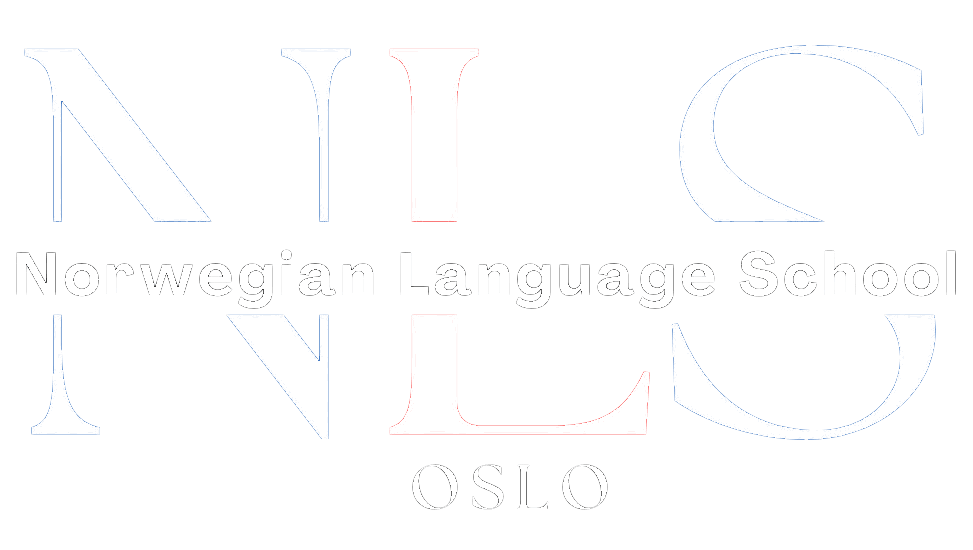

Norwegian Academic Language: 25 Terms for Students
Norwegian academic language refers to the specific vocabulary, grammar, and style used in academic settings in Norway. It is a formal and precise form of Norwegian that is used in universities, research institutions, and other educational contexts. Learning Norwegian academic language is important for students and professionals who wish to excel in their academic pursuits and effectively communicate their ideas.
Table of Contents
ToggleKey Takeaways
The Importance of Learning Academic Language
Learning academic language has numerous benefits. Firstly, it allows individuals to understand and engage with academic texts more effectively. By learning the specific vocabulary and terminology used in academic disciplines, students can comprehend complex concepts and ideas more easily. This, in turn, enhances their ability to critically analyze and evaluate academic literature.
Furthermore, learning academic language improves students’ communication skills. It enables them to express their thoughts and ideas clearly and concisely, both in writing and speaking. This is particularly important in academic settings where effective communication is essential for presenting research findings, participating in discussions, and collaborating with peers.
Key Terms in Norwegian Academic Language
In Norwegian academic language, there are several key terms that are commonly used across different disciplines. For example, “forskning” means “research,” “studie” means “study,” “emne” means “subject,” and “oppgave” means “assignment.” These terms are essential for understanding and discussing academic topics in Norwegian.
Other common terms include “teori” (theory), “metode” (method), “resultat” (result), “analyse” (analysis), and “konklusjon” (conclusion). These terms are used in various academic contexts, such as writing research papers, giving presentations, or participating in seminars.
Nouns and Pronouns in Norwegian Academic Language
In Norwegian academic language, nouns are typically used with definite or indefinite articles. The definite article “den” is used when referring to a specific noun, while the indefinite article “en” is used when referring to a general noun. For example, “den boken” means “the book,” while “en bok” means “a book.”
Pronouns in Norwegian academic language follow similar rules. The pronoun “den” is used for a specific noun, while the pronoun “en” is used for a general noun. For example, “denne boken” means “this book,” while “en bok” means “one book.”
Verbs and Adjectives in Norwegian Academic Language
Verbs in Norwegian academic language are conjugated according to tense, mood, and person. For example, the verb “å studere” (to study) is conjugated as follows: “jeg studerer” (I study), “du studerer” (you study), “han/hun studerer” (he/she studies), and so on.
Adjectives in Norwegian academic language agree with the gender and number of the noun they modify. For example, if the noun is masculine and singular, the adjective must also be masculine and singular. If the noun is feminine and plural, the adjective must be feminine and plural. For example, “en stor bok” means “a big book,” while “store bøker” means “big books.”
Prepositions and Adverbs in Norwegian Academic Language
Prepositions in Norwegian academic language are used to indicate relationships between nouns, pronouns, or phrases. Some common prepositions include “i” (in), “på” (on), “ved” (at), and “til” (to). For example, “i klasserommet” means “in the classroom,” while “på universitetet” means “at the university.”
Adverbs in Norwegian academic language modify verbs, adjectives, or other adverbs. They provide additional information about time, place, manner, or degree. Some common adverbs include “fort” (quickly), “nøye” (carefully), “alltid” (always), and “kanskje” (maybe). For example, “han leser fort” means “he reads quickly,” while “hun snakker nøye” means “she speaks carefully.”
Common Phrases and Expressions in Norwegian Academic Language
There are several common phrases and expressions used in Norwegian academic language. These phrases are often used to introduce and discuss academic topics, present arguments, or summarize findings. Some examples include:
– “I denne oppgaven skal jeg undersøke…” (In this assignment, I will investigate…)
– “Et viktig aspekt ved dette emnet er…” (An important aspect of this subject is…)
– “Min konklusjon er at…” (My conclusion is that…)
– “Det er viktig å merke seg at…” (It is important to note that…)
– “En mulig tolkning av disse resultatene er…” (One possible interpretation of these results is…)
Academic Writing in Norwegian: Tips and Tricks
When writing in Norwegian academic language, there are several tips and tricks that can help improve the quality of your work. Firstly, it is important to use clear and concise language. Avoid unnecessary jargon or complex sentence structures that may confuse the reader.
Secondly, make sure to provide evidence and support for your arguments. Use references and citations to back up your claims and demonstrate that you have conducted thorough research.
Lastly, proofread your work carefully to ensure that it is free from grammatical errors and typos. Pay attention to punctuation, spelling, and sentence structure to ensure that your writing is clear and professional.
Resources for Learning Norwegian Academic Language
There are several resources available for learning Norwegian academic language. Online courses, such as those offered by universities or language learning platforms, can provide structured lessons and exercises to improve your skills. Textbooks and study guides specifically designed for learning academic language can also be helpful.
Additionally, language exchange programs or conversation partners can provide opportunities to practice speaking and listening skills in Norwegian academic language. These programs allow you to interact with native speakers and receive feedback on your language skills.
Putting It All Together: Practicing Norwegian Academic Language Skills
To practice and apply your Norwegian academic language skills, it is important to engage with academic texts and materials in Norwegian. Read academic articles, books, or research papers in your field of interest to familiarize yourself with the vocabulary and style used in Norwegian academic writing.
Additionally, try writing your own research papers or assignments in Norwegian. This will help you practice using the appropriate grammar, vocabulary, and structure required in Norwegian academic language.
Learning Norwegian academic language is essential for students and professionals who wish to excel in their academic pursuits and effectively communicate their ideas. By understanding the specific vocabulary, grammar, and style used in academic settings in Norway, individuals can improve their academic performance and communication skills. With the right resources and practice, anyone can become proficient in Norwegian academic language. So keep practicing and improving your skills to reach new heights in your academic journey.

Norwegian A1-A2
Course Overview The Norwegian A1-A2 course is an online program focused on teaching essential Norwegian grammar and vocabulary. It includes a variety of materials and topics, with opportunities to interact with a Norwegian teacher entirely online. Curriculum Highlights The course covers key areas such as grammar and vocabulary and topics such as family, daily life, education, work, traditions, and leisure activities. Who Should Enroll? This course is perfect for beginners or those at the A1 or A2 levels who want to improve their Norwegian skills. What You Get Access to the full Norwegian A1-A2 course. A monthly 1-hour online conversation with a teacher. Many written and oral assignments. Comprehensive information on Norwegian grammar, Norwegian vocabulary and how to use them, important sentence structures, etc. Tips on additional resources to further enhance your Norwegian learning.
0 students enrolled
Last updated Dec 10th, 2024
If you want to learn Norwegian, you can register for classes here. We look forward to hearing from you and helping you become fluent in Norwegian.






